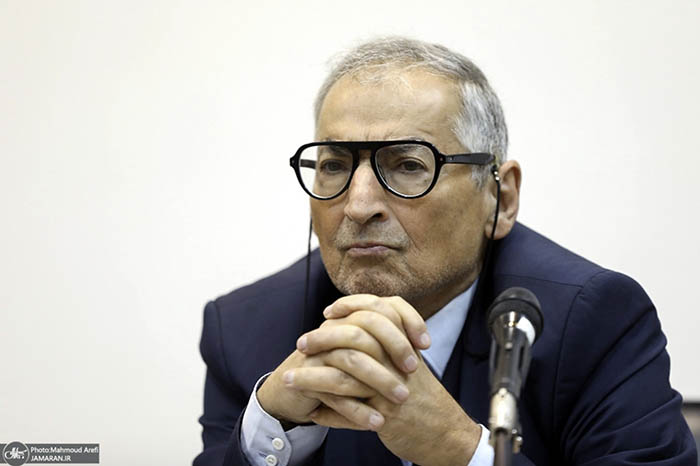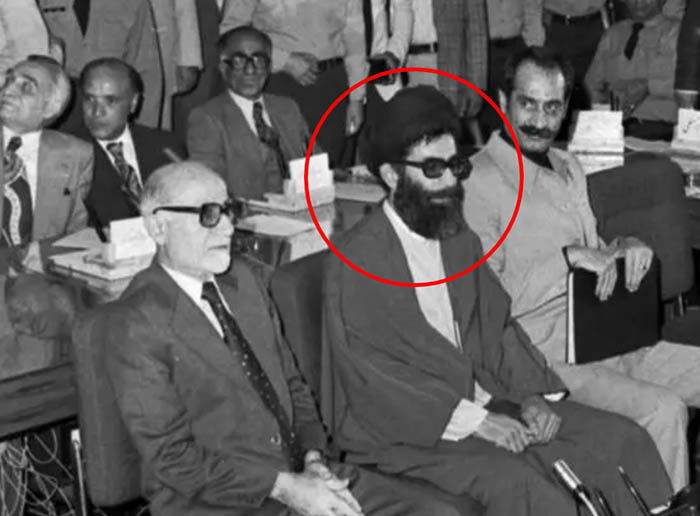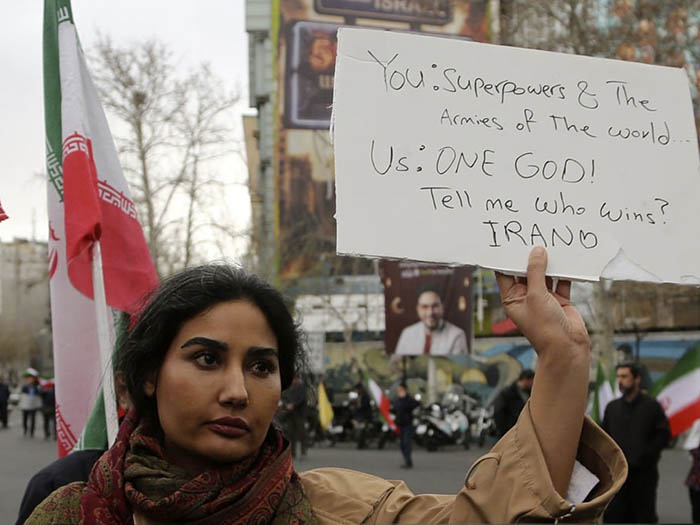Decoding Parviz Sabeti: Sadegh Zibakalam’s Critical Analysis Unveiled
Sabeti’s biography reveals a complex individual. Born into a Bahai family, he distanced himself from the Bahai community due to his father’s loss of the right to be part of it. Graduating from the Law School of the University of Tehran, Sabeti initially worked as a judge in the Ministry of Justice before being recruited into SAVAK in 1959.
Despite his philosophical opposition to Marxism and radical Islam, Sabeti believed in addressing dissent through more than just arrests and prosecutions. He advocated for substantial reforms to address the root causes of dissatisfaction and create space for political participation.
By the late 1970s, Sabeti’s relationship with the Shah evolved. As the de facto security advisor to the Prime Minister and government spokesman, he provided crucial TV interviews exposing plots against Iran. His revelations about the Iraqi regime of Saddam Hussein and collusion with internal enemies of the Shah showcased his strategic role in national security.
However, his position as the only civilian leader within SAVAK led to inevitable friction with hardliners with military backgrounds, exemplified by clashes with General Nassiri, the chief of SAVAK.
December 16, 2023 | 8:37 am




